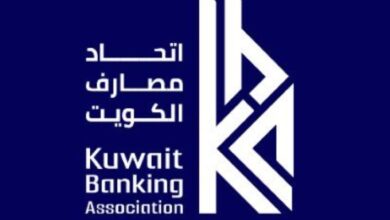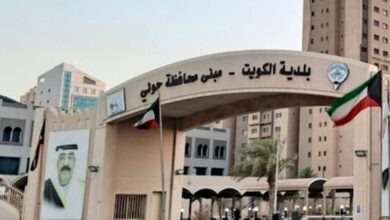
The Ministry of Commerce has issued new guidelines urging real estate brokers in Kuwait to strengthen their oversight of transactions, emphasizing the importance of verifying the purpose of real estate deals and the source of funds involved.
The ministry warned that real estate activity carries a medium to high risk for money laundering and terrorist financing, based on Kuwait’s National Risk Assessment, reports Al-Rai daily.
The new guide outlines nine key indicators of suspicious activity in the real estate sector:
- Use of complex ownership structures — such as shell companies, trusts, or third-party buyers — to conceal the true owner.
- Engagement of intermediaries — like lawyers or accountants — to bypass due diligence checks.
- Large one-time transactions that avoid the need for multiple bank transfers.
- Cash purchases or use of structured cash deposits.
- Purchases through third parties or family members, hiding the identity of the actual buyer.
- Quick turnover of properties (flipping) and artificial inflation or deflation of property values to legitimize illicit funds.
- Suspicious financing, including mortgages repaid unusually quickly or using unclear sources of funds.
- Lack of cooperation from clients during due diligence, which may signal a cover-up.
- High-risk client profiles, such as politically exposed persons (PEPs), non-resident legal entities, or individuals from sanctioned countries.
Real estate brokers are required to conduct risk assessments for all clients engaging in transactions of 3,000 Kuwaiti dinars or more, whether in a single deal or through multiple related transactions. These assessments must evaluate both business-level and client-level risks.
The ministry emphasized that client behavior during the due diligence process should be closely monitored. Refusal to provide documentation or cooperate with verification procedures can be a red flag. In such cases, brokers are obligated to file a Suspicious Transaction Report (STR) with the Kuwait Financial Intelligence Unit (KWFIU) — discreetly and without alerting the client.
In cases involving complex or high-value deals, brokers should thoroughly investigate the background and purpose of the transaction. Ongoing monitoring of the business relationship is essential to detect anomalies that could suggest money laundering or terrorist financing.
Real estate brokers must report all suspicious activity immediately and confidentially to the KWFIU, maintain detailed records and supporting documents related to reported transactions, ensure that clients are not informed about any STRs filed, examples of high-risk clients, individuals from countries under international sanctions, high-net-worth individuals.
This is in addition to entities with opaque ownership structures, clients involved in high-risk industries, non-resident legal entities, customers operating cash-based businesses and politically exposed persons (PEPs)
The Ministry concluded by urging real estate professionals to adopt a risk-based approach, increase their awareness of illicit activity, and actively contribute to national efforts in combating financial crimes.












